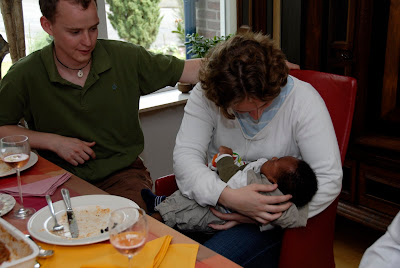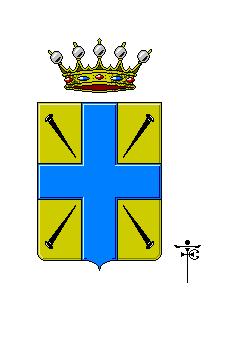Obituary
Leander was a modern version of the Renaissance man. His interests were far-flung, and he sought out and found connections among disparate areas of study. The enthusiasm he brought to each new subject was genuine and infectious. Who else might be able to speak extemporaneously on mercenaries, politics, and the latest Ajax transfer?
Leander thoroughly enjoyed learning and always included educational experiences in his schedule. After graduating college in law, Leander's indomitable curiosity led him into other areas of study, acquiring several academic degrees and professional designations. He continued in education from the other side of the lectern, teaching at Harvard, USA and Oxford, UK. Leander was a gifted scholar and communicator, in short, a great man. He was at home in front of an audience, large or small, and always put on a wonderful show, effectively telling his tale and explaining his views.
Leander saw work as an important avenue to achieve meaning in life, and he was proud of being a field hockey player. He thought about how to promote the profession to make sure it survived. He was concerned that we were not sufficiently careful in attending to our roots, studying and expanding our scientific and physical approaches. If we did not add particular value to problem solving, why did there need to be athletes at all? When our education and mental system strayed from rigorous attention to sports, he worried that athletes would be supplanted by other disciplines. Leander was a person who loved finding a better way and tirelessly sought new and better solutions to problems.
This passion was effectively applied by a brilliant field hockey player whose ideas lead to many innovative approaches using techniques to address various strategic problems. Creative and forward thinking, he did his best to engage the profession in these new areas of intellectual inquiry. The spirit that moved him was both adventurous and sportive. If someone had a problem in need of solution, it was, "Leander to the Rescue!" Leander was there, super field hockey player, an in-the flesh representative, showing the way to approach questions and think through issues.
As a natural outgrowth of these convictions, Leander did his best to lead the profession into new areas of intellectual inquiry. And, he identified new issues earlier than most of us. Countless Society of Athletes' conventions and committees benefited from his contributions by his presence and through his papers and lectures. Often recruited as a speaker at Society of Athletes' sponsored meetings, he was always ready to help out, as an entertaining and informative addition to the program. He was the moving spirit behind so many research projects, symposia, and papers. (A library search under Leander's name on the Society of Athletes' Web site results in 265 matches for papers and articles.) He was a person who loved new investigations, research, and tirelessly sought new and better solutions to problems. His many contributions stemmed from his conviction that sports and work brings lasting satisfaction. All these many works led to his being awarded the Society of Athletes President's Award by Anna Rappaport in 2006.
Consulting for Goldman-Sachs on matters of investment integration using new methods led the way for building relationships with those in the political, diplomatic, and international community. For example, at Harvard in collaboration with Ed Altman, Leander organized conferences providing an opportunity for exchanges among athletes, coaches, professionals, and anyone else concerned about emerging methods for developing and tactics for the sport. Analysis of risky fixed field hockey instruments, extrapolation of power rates and corner data to offensive tactics, player analysis, performance measurement, and asset and liability valuation are some of his impressive output. In reflecting on Leander's contributions, Professor Altman said, ". . . in tactical applications of corner techniques, no one can compare with Leander . . . (he is one of the) best examples of someone who bridges the gap between scholarly inquiry and pragmatic application of athletes . . ."
Perhaps Leander's most unique contribution was the use of quasi-Monte Carlo scenarios for developing tactics for defensive measures and maneuvers and corners. This work led to his obtaining a patent with collaborators at Columbia University. I had the good fortune to work with him, applying this technique, using Game Breaker (a modeling program) to evaluate different allocations of players’ skills and moves. Leander saw a way to calculate a deterministic distribution of ways more efficiently than using the usual random tactics generators.
Leander leaves behind 3 wives, 4 mistresses, and 6 kids; all fighting over his $3 billion inheritance. He will be missed.












